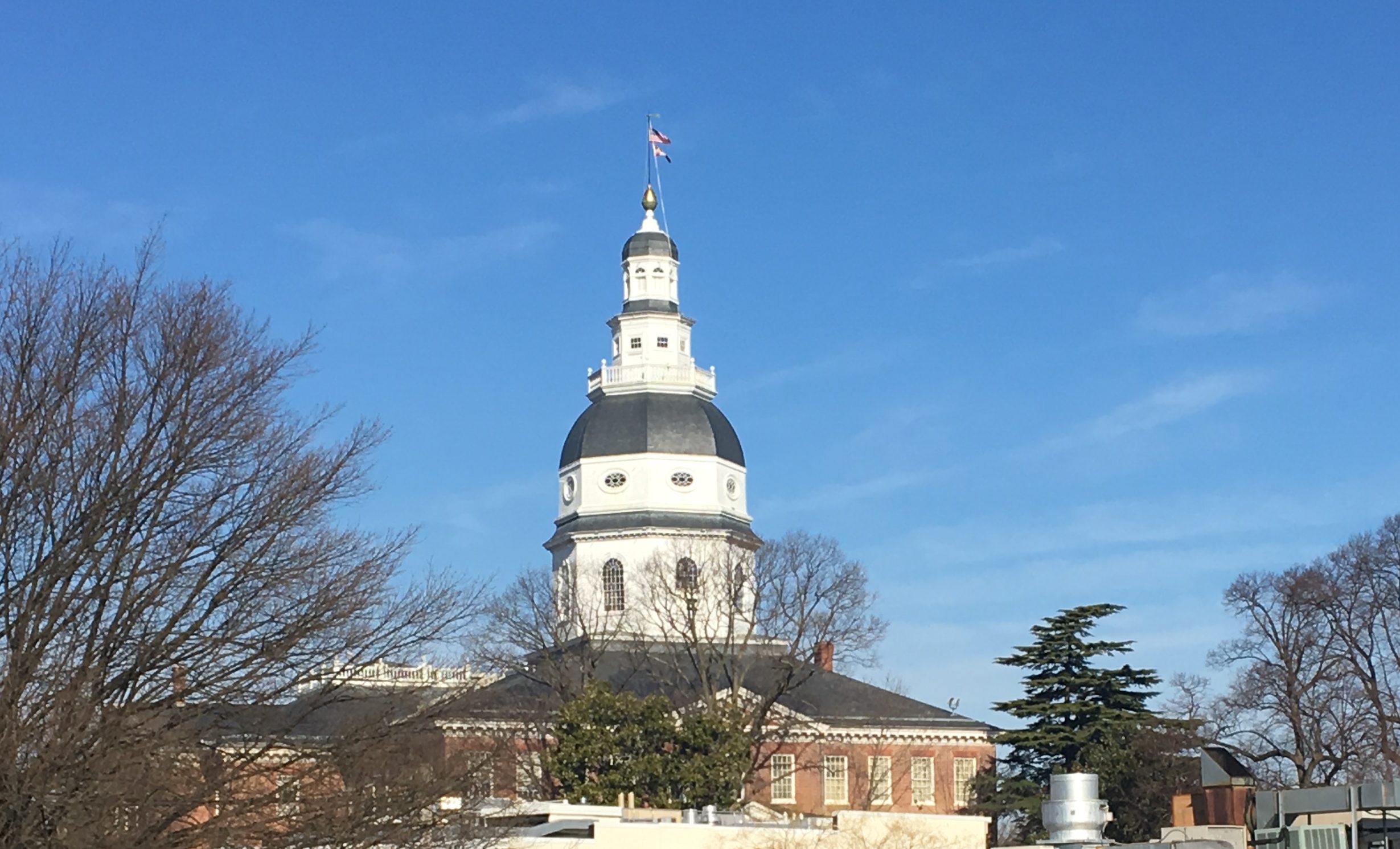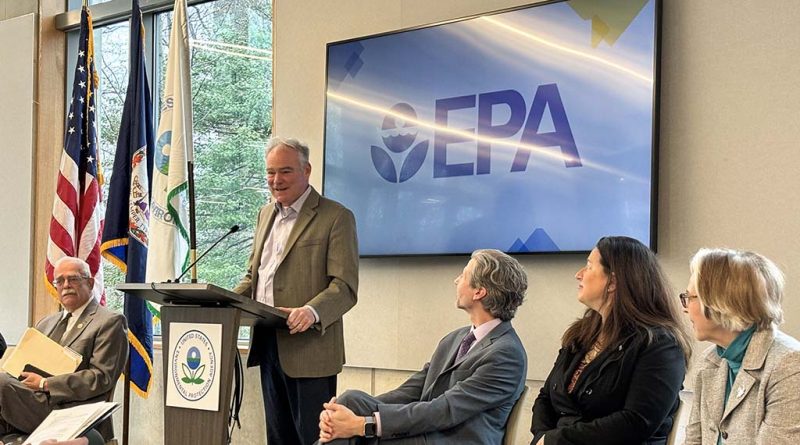EPA announces historic funding for Chesapeake Bay restoration programs
The historic levels of funding reflect the Biden administration’s increased investments in environmental programs and infrastructure projects.
Bipartisan Infrastructure Law and the Inflation Reduction Act, there’s now over $100 billion flowing through our agency, and it really has been a game changer.”
With $96 million of the funds coming from President Joe Biden’s so-called “Investing in America” agenda alone, the announcement marked the largest single contribution to the Chesapeake Bay Program in its 41-year history.
Maryland is expected to receive over $14 million from the National Fish and Wildlife Foundation’s share of the funds, which in turn makes up 40 individual grant projects.
Grant recipients include the Baltimore Tree Trust, which plans to educate city residents about planting trees in their communities.
The Severn River Association will be another recipient. The organization intends to increase and improve stormwater treatment practices on the Severn River, which flows into the Chesapeake Bay in Annapolis.
“Agendas matter, elected officials matter, vision matters,” Rep. Gerry Connolly, D-Virginia, said. “For the sake of the country, thank God we have the 117th Congress and Joe Biden to sign those bills into law.”
Attending the ceremony were not only federal officials and members of Congress but also legislators from state and local governments around the Chesapeake Bay.
Libby Garvey, chair of the Arlington County Board, said funds are going to be used in her community on a small tributary called Grandma’s Creek.
“(The Grandma’s Creek project) is a great example of community involvement and advocacy for a beloved neighborhood stream,” Garvey said. “This project is going to propose the installation of rain gardens to better manage stormwater and increase the protection of the creek.”
In addition to rain gardens, the Arlington community will also have the opportunity to participate in organized tree plantings and pop-up educational events centered around nature, Garvey said. The funds for these projects will be derived from the Small Watershed Grants Program, one of three grant programs administered by the National Fish and Wildlife Foundation, which is to receive $193 million of the $206 million.
The NFWF already has announced it will be giving $1 million to farmers in Maryland, Virginia and West Virginia, with the intention of implementing high-priority conservation practices that improve water quality.
“There are 40,000 farms in Pennsylvania, and many of them contribute nutrients and sediment to the bay,” Rep. Don Beyer, D-Virginia, said. “So anything we can do to get Pennsylvania on board with Maryland, Virginia and Delaware will be incredibly important.”
The Chesapeake Bay Trust, another non-profit grant-making organization, will receive the remaining $13 million from the EPA. The trust will use the money to assist local organizations involved with improving the bay.
This could include providing operational infrastructure like computers and other hardware, or funding employee training and professional development sessions.

Capital News Service is a student-powered news organization run by the University of Maryland Philip Merrill College of Journalism. With bureaus in Annapolis and Washington run by professional journalists with decades of experience, they deliver news in multiple formats via partner news organizations and a destination Website.

